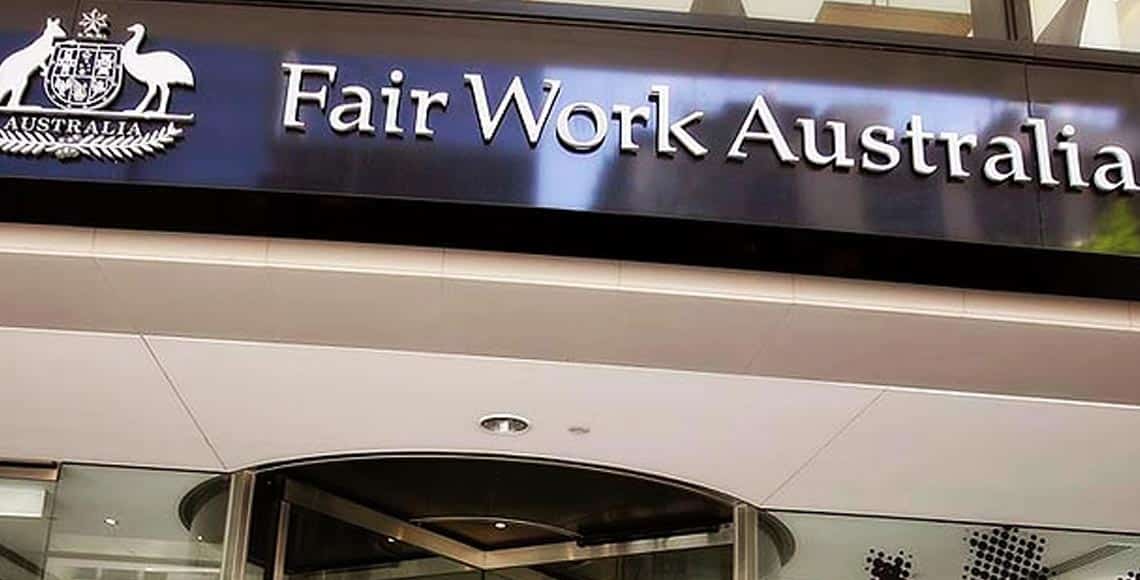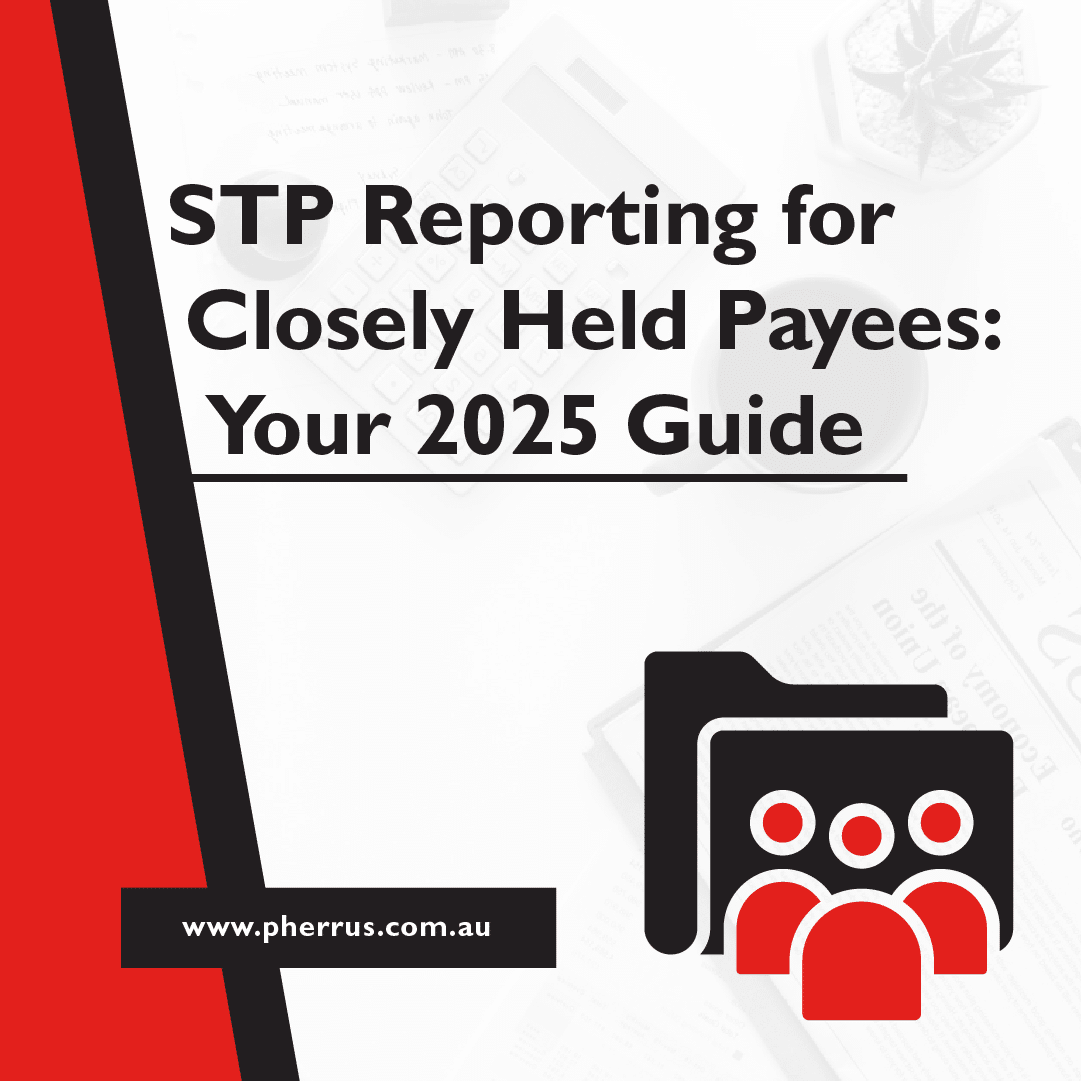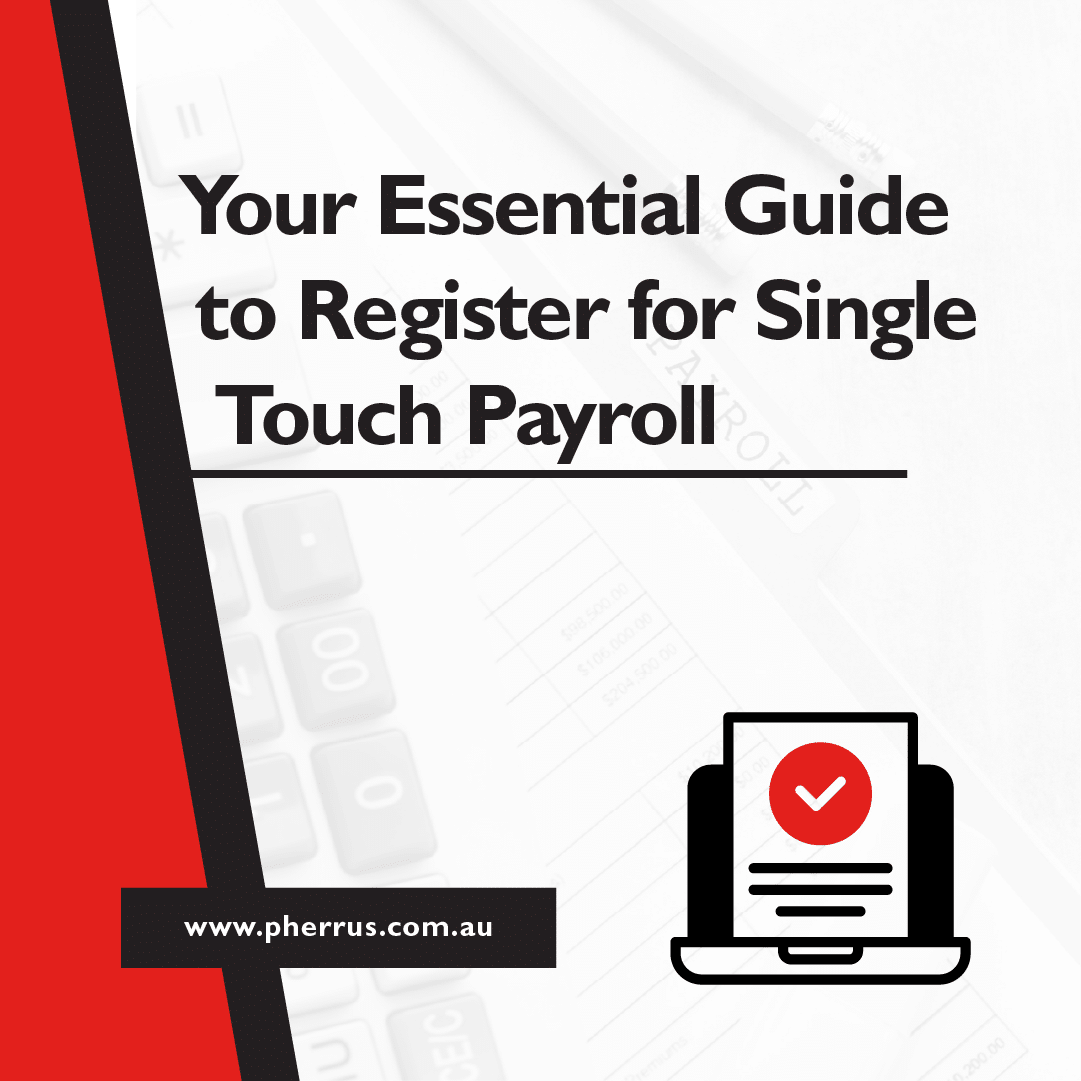If you weren’t paying attention, the Fair Work Commission has recently announced a 3.3% increase to the minimum wage. It will take effect from the first full pay period beginning on or after 1 July 2017. This is great news for workers making minimum wage, who will now receive $694.90 per week for full-time work or $18.29 an hour.
How Does This Affect Business Owners and Small Taxpayers?
Unfortunately, for business owners and wage payers working on quite tight profit margins, this will be an unwelcome change. You’ll need to make sure your employees’ wages are increased to the amount specified by the first full pay period following 1 July 2017. If you’ve already missed this date because you weren’t aware of the changes then you’ll need to back pay your employees the difference.
If you utilise our bookkeeping and payroll service, then you don’t need to do a thing. We’ll make sure these changes are all implemented for you.
For most employees who are currently receiving the minimum wage, this increase won’t be enough to push you up to a higher tax bracket, although you will pay more tax overall.
Who Does the Increase Apply To?
This 3.3% wage increase will be enjoyed by employees that currently receive their rates of pay from the national minimum wage laid out by the Australian government or a modern award. Employees are likely to be subject to the national minimum wage if they are not currently covered by an agreement or award. If employees are covered by an award, these rates will also increase by the aforementioned 3.3.%. For those employees who are covered by a registered agreement, this wage increase may or may not affect you. Check with your employer or the governing body in your industry to find out.
For those employees lucky enough to already be receiving above the minimum wage, unfortunately, this will not result in a wage increase for you.
So What Happens Now?
The Fair Work Commission is currently in the process of issuing draft determinations and orders, which will make it clear how this decision will affect modern awards. The FWC will then provide an updated version of the pay rates applicable for each award.
It can take up to a couple of weeks for the Fair Work Commission to complete this process. Once they do, all pay tools and our payroll service will be updated with the new pay rates.
Other Changes You Should Be Aware Of
You should keep in mind that there are also changes to the penalty rates in certain industries, in particular, retail and hospitality penalty rates are undergoing changes. Pay rates for Sundays, Saturdays, late nights and public holidays will be slowly decreasing across the next few years, mostly in response to pressure from small business owners. These changes proposed by the Fair Work Commission are currently being put under judicial review by the Federal Court and may or may not stand as they are currently laid out.




